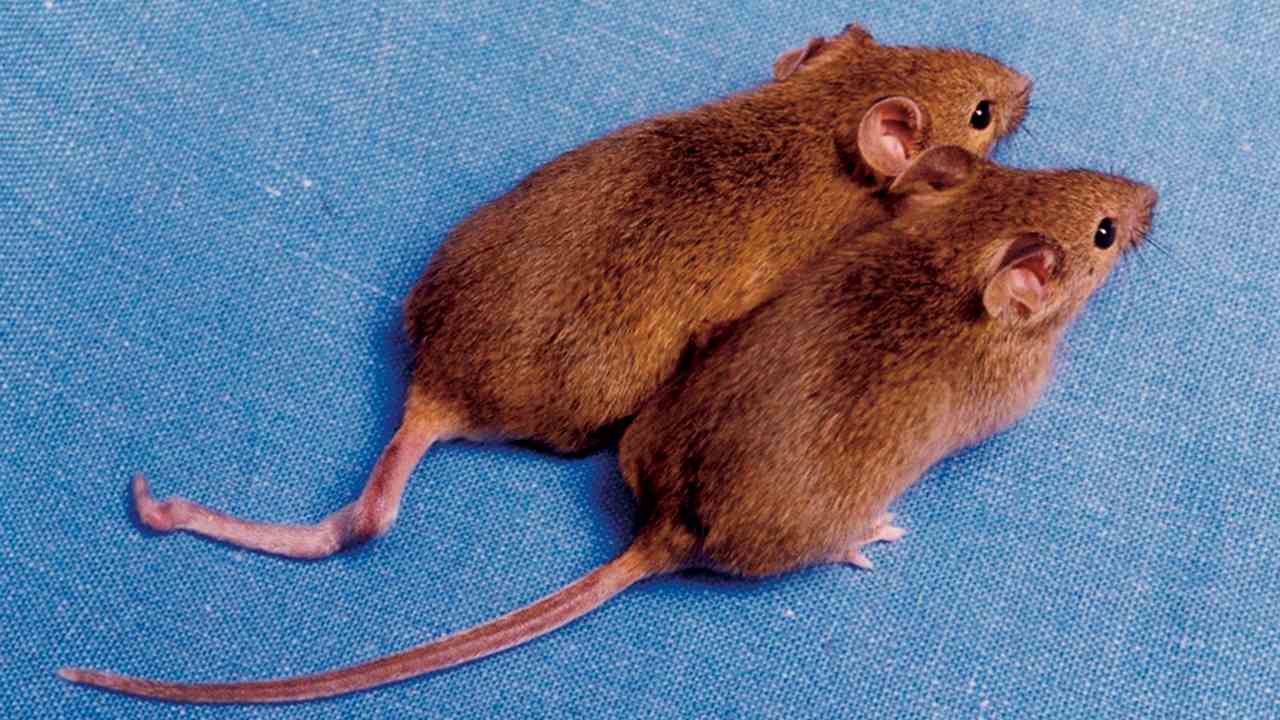Everyone knows at least one person who picks their nose – whether out of nervousness, boredom or curiosity. While many would call the habit disgusting but ultimately harmless, new research has come to light that could change quite a few minds. Researchers at an Australian university say the study shows nose-picking can cause bacteria to travel through the nose and into the brain, where it creates markers that are a hallmark of Alzheimer’s disease. The study was published in the journal Scientific Report. Let’s take a closer look: What happened? According to ScienceAlert.com, researchers at the Griffith University in Australia conducted experiments with Chlamydia pneumonia – a bacteria that can infect humans and cause pneumonia.
The bacteria has been found in the majority of human brains affected by late-onset dementia.
Scientists found that bacteria could travel through the olfactory nerve, which joins the nasal cavity and the brain, and that damage to the nasal epithelium (the thin tissue along the roof of the nasal cavity), made nerve infections even worse. Researchers were taken aback by the speed at which C. pneumonia established itself in the subjects’ central nervous system – within 24 to 72 hours. Brain cells then began depositing amyloid beta protein – a hallmark of Alzheimer’s disease. Need nose-pickers worry? Not just yet.
The study, you see, was conducted on mice.
However, professor James St John, head of the Clem Jones Centre for Neurobiology and Stem Cell Research, urged people not to dismiss the study. [caption id=“attachment_6733741” align=“alignnone” width=“1280”] Representational image. Credit: Wikimedia commons[/caption] NDTV quoted St John as saying that the evidence is ‘potentially scary’ for humans as well. “We need to do this study in humans and confirm whether the same pathway operates in the same way. It’s research that has been proposed by many people, but not yet completed,” St John continued. “Picking your nose and plucking the hairs from your nose are not a good idea,” he added. “We don’t want to damage the inside of our nose and picking and plucking can do that,” he was quoted as saying by Forbes. “If you damage the lining of the nose, you can increase how many bacteria can go up into your brain,” he added. This new research comes after a study last year found that the leakage of a specific toxic compound in the bloodstream might be the fundamental cause of Alzheimer’s. As per The Times of India, researchers found beta-amyloids form outside the brain and are then pushed through the body’s bloodstream via lipoproteins.
Representational image. Credit: Wikimedia commons[/caption] NDTV quoted St John as saying that the evidence is ‘potentially scary’ for humans as well. “We need to do this study in humans and confirm whether the same pathway operates in the same way. It’s research that has been proposed by many people, but not yet completed,” St John continued. “Picking your nose and plucking the hairs from your nose are not a good idea,” he added. “We don’t want to damage the inside of our nose and picking and plucking can do that,” he was quoted as saying by Forbes. “If you damage the lining of the nose, you can increase how many bacteria can go up into your brain,” he added. This new research comes after a study last year found that the leakage of a specific toxic compound in the bloodstream might be the fundamental cause of Alzheimer’s. As per The Times of India, researchers found beta-amyloids form outside the brain and are then pushed through the body’s bloodstream via lipoproteins.
That study, also conducted on mice, was published in the journal Plos Biology.
“This ‘blood-to-brain pathway is significant because if we can manage the levels in blood of lipoprotein-amyloid and prevent their leakage into the brain, this opens up potential new treatments to prevent Alzheimer’s disease and slow memory loss,” the researchers noted. St John also recommended smell tests after a person turns 60 as an early detector for Alzheimer’s, according to SciTechDaily. “Once you get over 65 years old, your risk factor goes right up, but we’re looking at other causes as well, because it’s not just age—it is environmental exposure as well. And we think that bacteria and viruses are critical,” St John added. With inputs from agencies Read all the Latest News , Trending News , Cricket News , Bollywood News , India News and Entertainment News here. Follow us on Facebook , Twitter and Instagram .
)